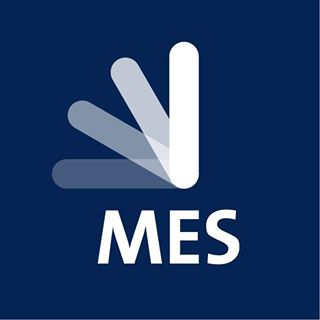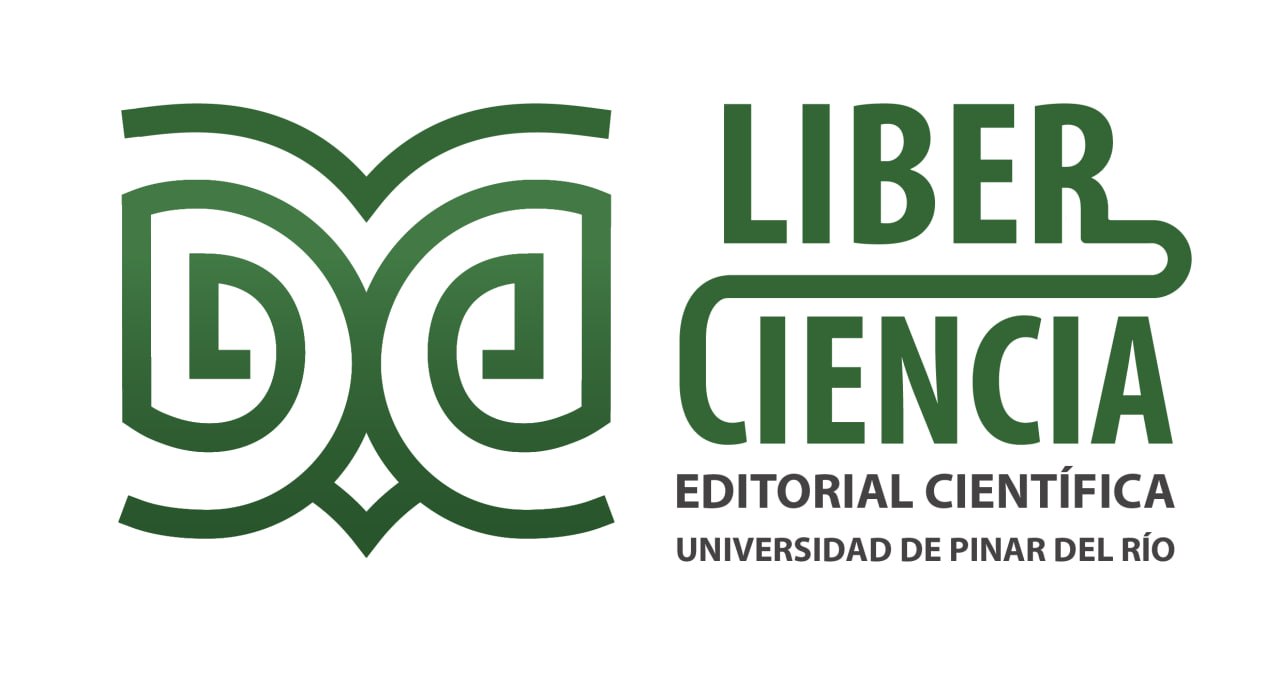Design of a master's degree program using modular curriculum theory by transformation objects XVII Taller Internacional de "Formación de posgrado para un desarrollo sostenible"
Main Article Content
Abstract
The research describes the use of the modular curricular theory methodology by transformation objects, which establishes five steps: frame of reference, professional practice, modules, module development, and evaluation of the whole process. This methodology was used by a group of teachers specialized in the areas of Physical Education, Research, Sociology and Health Sciences, from the Graduate Center of the Benemérito Instituto Normal del Estado "Gral. Juan Crisóstomo Bonilla" of Puebla, Mexico, to carry out the curricular design of a master's degree, based on the organization of work in pairs with face-to-face and online sessions. The frame of reference used suggests the realization of a diagnosis, therefore the results of the evaluation of Physical Education teachers in the state of Puebla were taken, which indicated that there are still great challenges to overcome in the state, among them, the updating of contents to the teaching reality in order to achieve professionalization. The method of the study was based on action research and a schedule of activities was established that contributed to the emergence of the Master's Degree in Physical Activity, Sport and Health Education.
Downloads
Article Details

This work is licensed under a Creative Commons Attribution-NonCommercial 4.0 International License.
References
BINE. Centro de Posgrado BINE (2016). Nuevo Plan Curricular de la Maestría en Docencia de la Educación Física. Coordinación MDEF.
BINE (2018). Plan de Desarrollo Institucional. Puebla, México. http://www.bine.mx/
Curiel, M. E. (1997). La educación normal. En Solana, F., Cardiel, R., y Bolaños, R. Historia de la educación pública en México. Segunda reimpresión. México: FCE.
Delors, Jacques. (1996). La educación encierra un tesoro. México: ISBN: 9788429449785 UNESCO. pp. 318
Díaz-Barriga, A. (1981). Alcances y limitaciones de la metodología para la realización de planes de estudio. Revista de Educación Superior, 10 (4). http://publicaciones.anuies.mx/pdfs/revista/Revista40_S2A2ES.pdf
Fierro, C., Fortoul, B., y Rosas, L. (2012). Transformando la práctica docente. Una propuesta basada en la investigación acción. México: Paidós.
Glazman, R. y De Ibarrola, M. (1978). Diseño de planes de estudio. México. CISEUNAM.
Hernández, R., Fernández, C., y Baptista, P. (2014). Metodología de la investigación. México: McGrawHill. https://www.iberlibro.com/servlet/SearchEntry?tn=Metodolog%C3%ADa+de+la+investigaci%C3%B3n
PND (2019). Plan Nacional de Desarrollo 2019-2024. Gobierno de México. https://www.gob.mx/cms/uploads/attachment/file/445822/SHCP_021_2019__1_.pdf
SEP (2009). Acuerdo para la creación del Centro del Posgrado del B.I.N.E. Puebla: SEP/Estatal.
SEP (2016) Resultados Globales del Proceso de Evaluación para la Promoción con Funciones Docentes en Educación 2015-2016. Coordinación Nacional del Servicio Profesional Docente. México: SEP.
OCDE. (1991). Escuelas y calidad de la enseñanza. Informe internacional. España: OCDE.
UNESCO (2015). Declaración de Incheon. Educación 2030: Hacia una educación inclusiva y equitativa de calidad y un aprendizaje a lo largo de la vida para todos. Foro Mundial sobre la Educación 2015.




